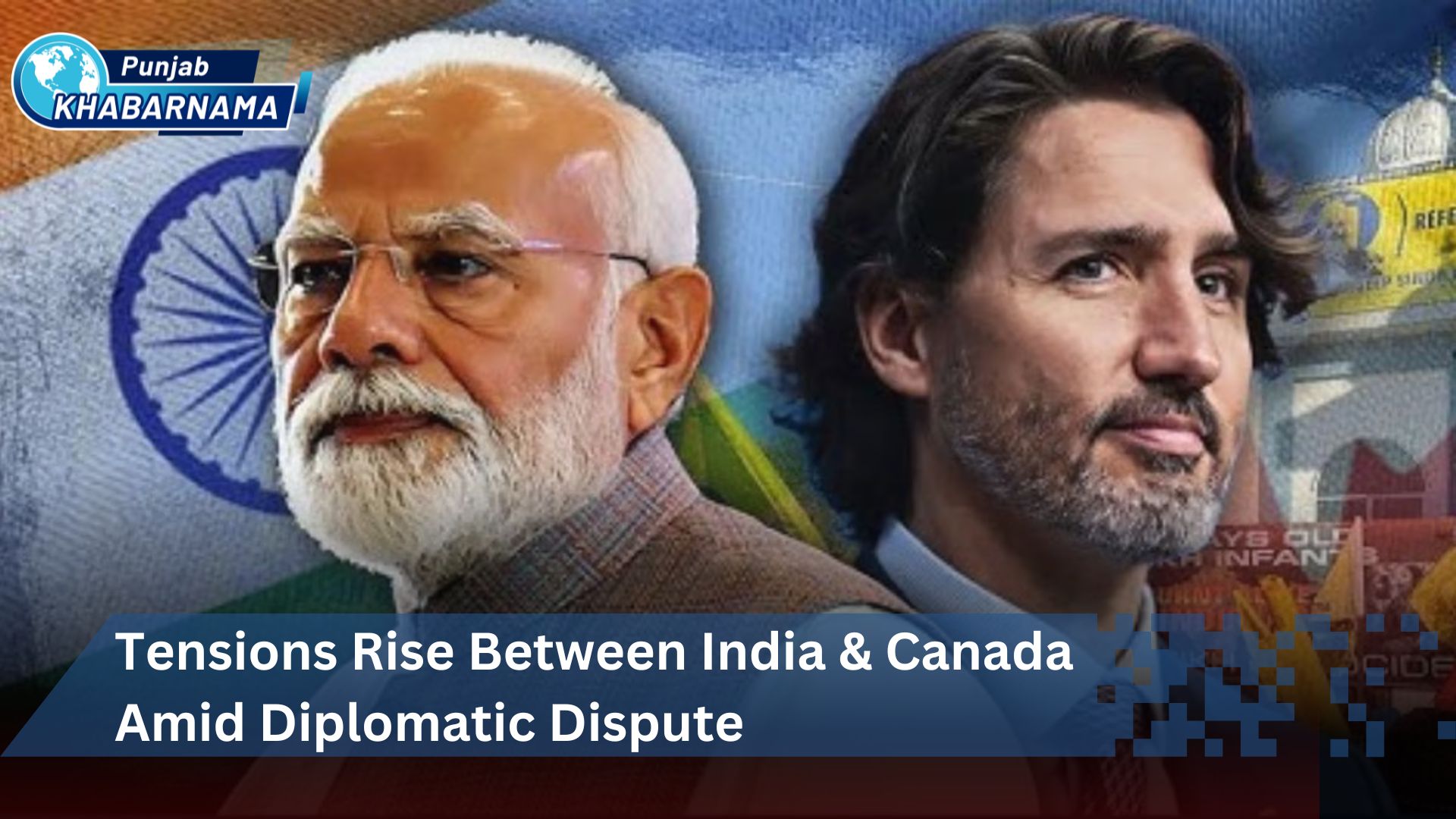15 october 2024 : The relationship between India and Canada has hit a serious snag, starting with the assassination of Hardeep Singh Nijjar, a prominent Sikh leader, in British Columbia on June 18, 2023. Allegations by Canadian Prime Minister Justin Trudeau that the Indian government might have been involved in Nijjar’s killing ignited a diplomatic firestorm. Trudeau made these accusations public in a September 18, 2023, statement in the Canadian Parliament, stating there were “credible allegations” linking Indian agents to Nijjar’s death.
The Indian government strongly denied these claims, calling them “absurd” and “motivated.” India retaliated by expelling a senior Canadian diplomat just days later. The fallout was swift, with both nations reducing their diplomatic presence. Canada recalled 41 diplomats from India, a significant move underscoring the scale of the diplomatic rift. India had initially set a October 10 deadline for these diplomats to leave, further escalating the crisis.
Nijjar’s assassination has a complicated backdrop tied to the Khalistan movement, a Sikh separatist movement seeking an independent homeland in the Punjab region of India. Nijjar, a known advocate of the movement, was labelled a terrorist by the Indian government. His death has now become a flashpoint in India-Canada relations, with both countries standing firm on their positions.
What’s happening now? In response to the diplomatic reductions, both countries are seeing strained trade relations, with talks for a free trade agreement between the two nations currently on hold. Canada remains a significant destination for Indian students and professionals, so these tensions could have broader economic and educational impacts.
Notably, immigration services between the two countries remain operational for now, but concerns are growing among the large Indian diaspora in Canada, particularly those linked to Sikh separatist activities. Many fear the repercussions of these diplomatic disputes could affect daily interactions and business operations between the two nations.
While Trudeau has reiterated the importance of maintaining strong relations with India, he stands by his call for transparency and accountability in Nijjar’s case. Meanwhile, Indian Prime Minister Narendra Modi remains resolute, stating that any interference in India’s internal affairs would not be tolerated.
For those interested in more depth on the Khalistan movement and its impact on Indian diplomacy, check out this article by The New York Times on India’s internal security concerns. Similarly, BBC offers insight into the broader implications of this diplomatic rift for global geopolitics here.
This story is unfolding fast, and both nations remain locked in a standoff that could have far-reaching consequences for their future relationship. The world is watching as the India-Canada row continues to escalate.

